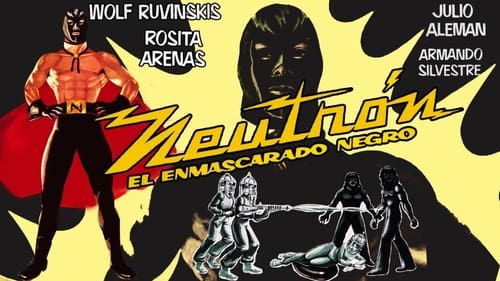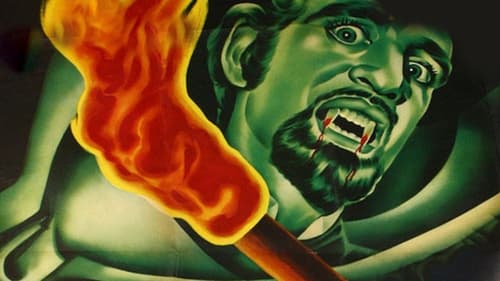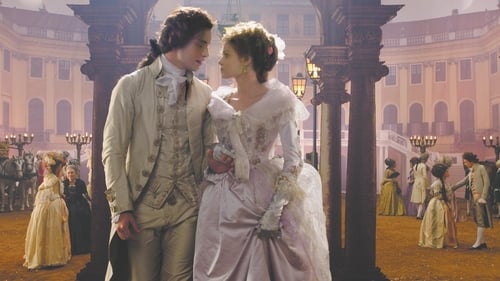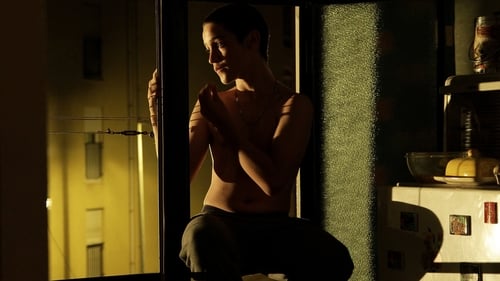João Bénard da Costa: Others Will Love the Things I Have Loved (2015)
Género : Documental
Tiempo de ejecución : 1H 15M
Director : Manuel Mozos
Sinopsis
Director Manuel Mozos draws an intimate portrait of João Bénard da Costa, programmer, critic, actor and, for 18 years, director of the Portuguese Film Museum, who passed away in 2009.

El Dr. Caronte y su grupo de científicos locos construyen una bomba de neutrones con la que intentan chantajear al mundo libre para obtener el poder global. Pero aparece el héroe, Neutrón, que, con ayuda del Dr. Thomas y la reportera Nora, echan a perder tales planes.

En el Japón feudal, la joven noble Iratsume, que destaca por su educación y su inteligencia, vive una historia de amor con el fantasma del príncipe Otsu, que se le aparece en las puestas de sol. Este cuento, desarrollado durante 70 minutos de animación tradicional en stop-motion, se divide en varios capítulos que narran diversas fases de la relación imposible entre Iratusme y Otsu. La estética está tomada de la historia feudal japonesa, y la música se basa en instrumentos de cuerda y percusión tradicionales. Incluso, el príncipe Otsu se expresa en haikus, recitados al estilo del teatro kabuki.

In order to stop a vampire from terrorizing the countryside, some locals decide to break into his coffin at night and steal his ashes. Complications ensue.

Vampire hunters track down a vampire and attempt to steal the ashes from his coffin in order to stop him from reviving nightly.

In this East German film, the third one in The Third is Margit's third lover. After her mother's death, Margit has two affairs which don't work out, and one lesbian friendship which she retains. She is looking for a husband, though, and thinks she has spotted a candidate in her fellow factory worker. As she contemplates marrying him, her story is told in a series of flashbacks.

In the beginning the idea was to make something from nothing, in a neutral and unknown place. Collect images and sounds instead of producing them. The camera, the microphone and the mini-amplifier: tools that take away and then give back. We defined a rule: the sound shouldn't illustrate the image and the image shouldn't absorb the sound. Less than a hundred kilometres from Reykjavik we found Strokkur. For three days we saw and heard the internal dynamics of the crevice: the boiling water that spat out every seven minutes and the thermal shock, given the eighteen degrees below zero of the atmosphere.

Una noche, un grupo de trabajadores se da cuenta de que la administración está robando maquinaria y materiales de su propia fábrica. Cuando se preparan para organizar el equipo y la producción, se les obliga a no hacer nada, como represalia, mientras las negociaciones para su despido están en marcha. La presión desencadena una revuelta entre los trabajadores, lo que afectará a todo lo que les rodea.

Lisboners (people of Lisbon) celebrates the ancient notion of citizenship, the right to the city in the making, in each migrant’s daily life, living and working. It is set in Lisbon but it happens in London, New York, Paris, Rome… anywhere. The Lisboners are people from Brazil, Guiné-Bissau, Nigeria, China, Pakistan, India and Bangladesh, Ukraine, Moldavia, Russia, and Estonia.

The tribulations of two friends who, in despair, start begging from door-to-door, and are given a bundle including, literally, a pair of deadman's shoes

The film follows soldiers escape and wander, talk, and drift aimlessly.

A rare panorama of Cuban music and dance from the 1960s. Featuring legendary Cuban musicians as well as vibrant spontaneous performances, We Are the Music captures the mood and vitality of Havana during its golden period.

Trata sobre los entresijos de la creación de la famosa ópera de Mozart. El film se centra en Lorenzo Da Ponte, el autor del libreto y la fuerza inspiradora de la obra del genio austríaco. Una coproducción. Obtuvo muy buena acogida en su estreno mundial en el Festival de Toronto de 2009.

Shiro and Keita didn’t manage to enter university and are stuck in their hometown delivering newspapers. Shiro persists on finishing a film they started, but Keita is not very enthusiastic.

Brief, fragmented memories of Rohmer spoken by Godard, while the screen shows various titles of articles Rohmer wrote for Cahiers du Cinema.

Acompañado por el sonido incesante de un reloj de alarma y por dos canciones de amor, un hombre se despierta, cansado, en el piso de un edificio abandonado.

An anthology film following different stories around the theme of invisibility in the modern world.

In Africa, during the colonial war, a patrol is lost in the bush and a soldier dies in operation. Twelve years later, in Portugal, the soldier family meets in peace.

HIGH SCHOOL II is a film about Central Park East Secondary School (CPESS), a successful alternative high school in New York's Spanish Harlem, 85-95% of whose graduates go on to four year colleges. The film illustrates the school's emphasis on the “Habits of Mind” program (weighing evidence; awareness of multiple points of view; seeing connections and relationships; speculating on possibilities; and assessing values.) Sequences illustrating the school's approach to learning include: classroom activities in the humanities and sciences; family conferences; discussions of race, class, and gender; faculty meetings; disciplinary problems; sex education; conflict resolution by students; and student council meetings.

An experimental and surreal film, a mix of weird and unusual "avant-gard" cinematography with some traditional icons of the Portuguese culture, like Fado or the typical neighbourhoods of Lisbon, in this case the "Bica" is a typical neighbourhood which is used as setting to the plot.

Rafa is a 13 years old kid concerned with his mother, held in a police station for driving without a license. The director shows a day in the life of a teenager who lives on a problematic area and discovers that her mother was arrested because of an automobile accident.











